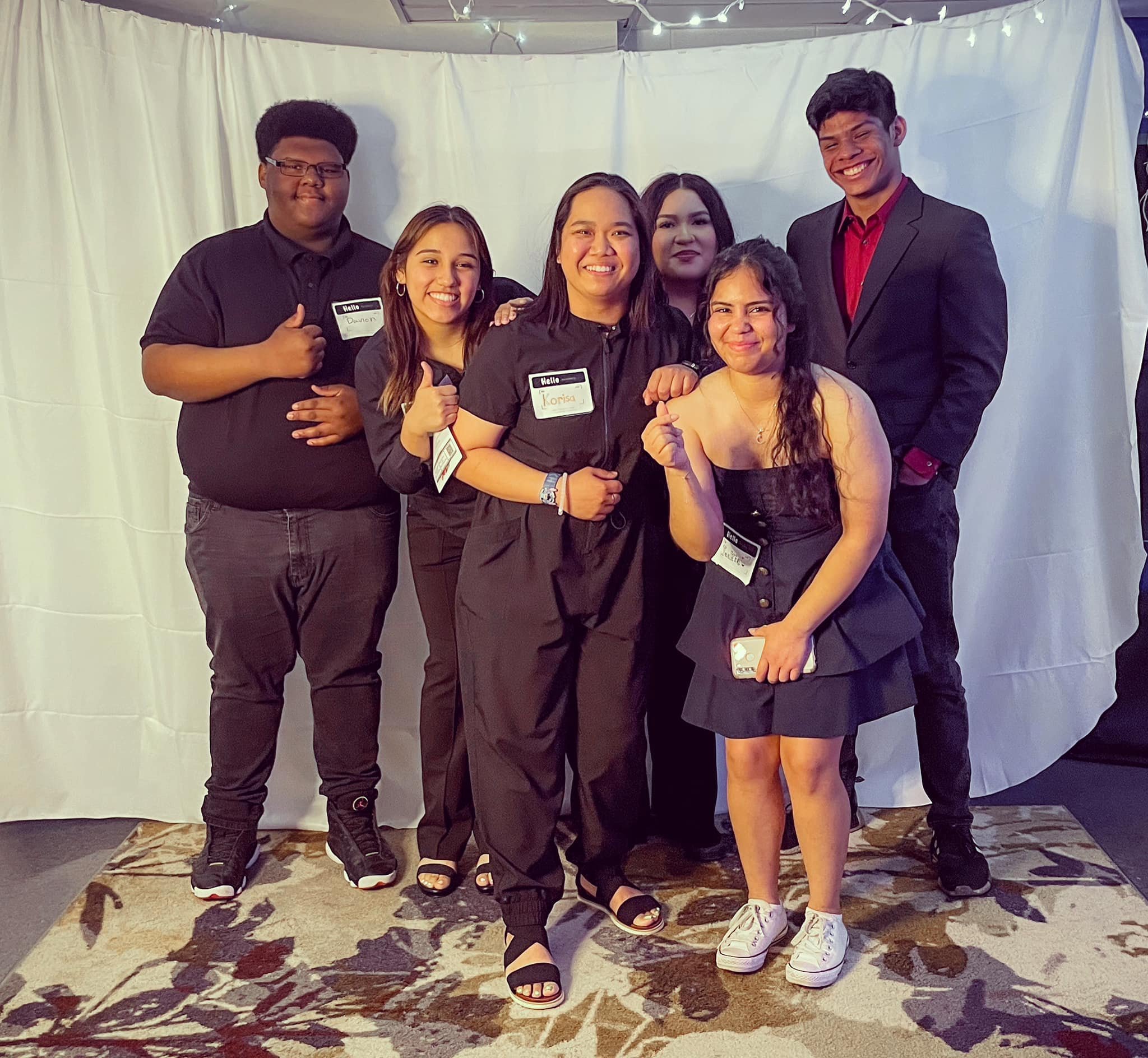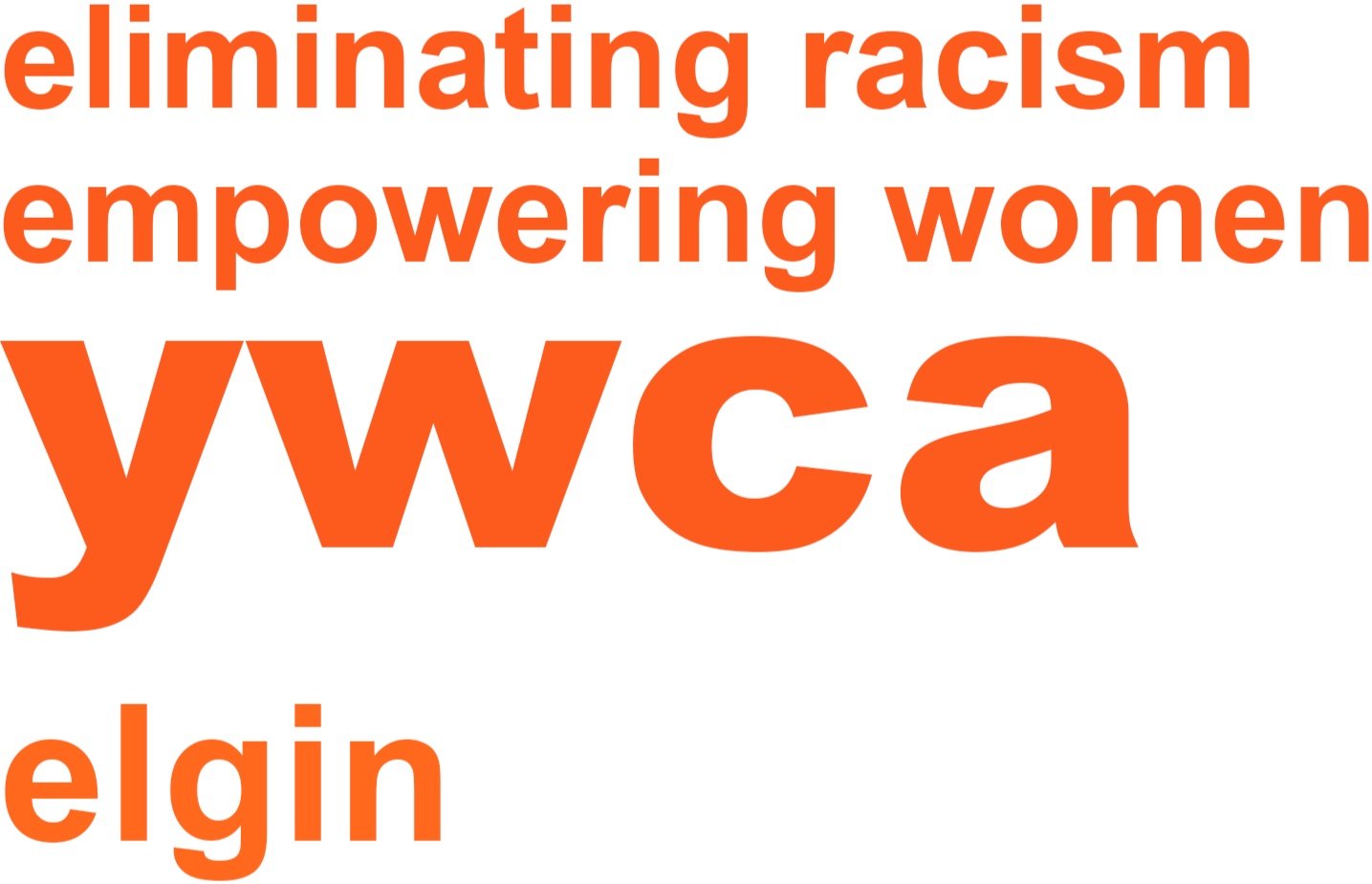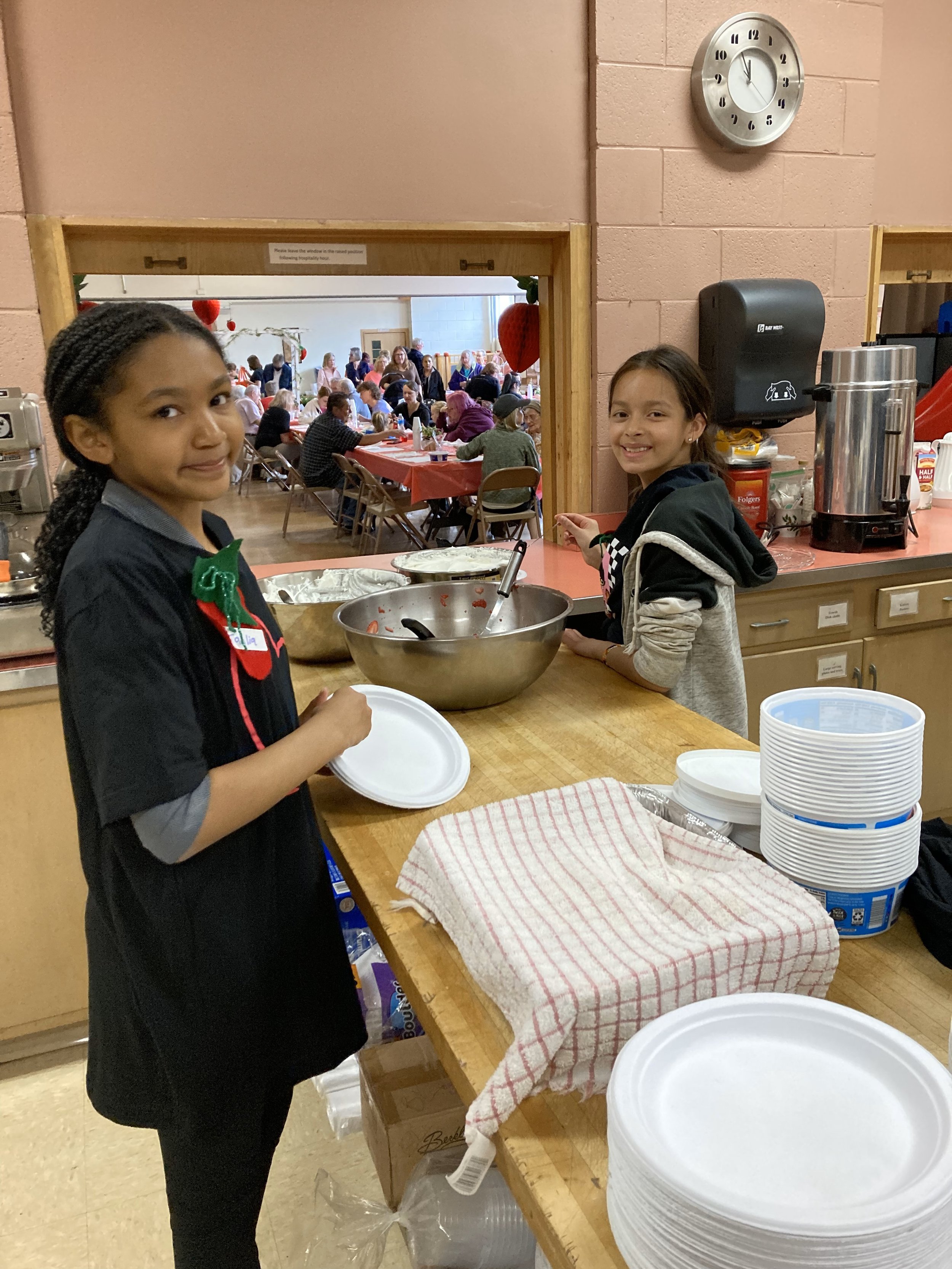Who We Are
YWCA Elgin is dedicated to eliminating racism, empowering women, and promoting peace, justice, freedom, & dignity for all.
We work to bring out the individual strengths of women and youth and to foster resiliency and self-sufficiency. Our philosophy, in keeping with the mission of the YWCA to empower women and families, centers on providing the skills and confidence needed to succeed.
YWCA Elgin values the diverse community that we serve and is committed to an atmosphere that is welcoming and accepting of all people. We are committed to inclusion and reducing systemic inequalities until all lives have equal value. Regardless of race,
ethnicity, nationality, gender, gender identity, religion, culture, sexual orientation, disability, or background, we foster inclusion, respect, and equity in all services and programs. YWCA Elgin empowers underrepresented community members, particularly women and girls of color.
The YWCA is proud to be the oldest and largest women’s movement, providing services for women and their families in our community.
Our local programs and services have furthered the YWCA vision of peace, justice, freedom, and dignity for all people since 1901. For over 120 years, our programs have evolved, including educational and employment classes for women and families, teen clubs, advocacy efforts, child care centers, and clothing for those in need

Eliminating Racism, Empowering Women and Promoting Peace, Justice, Freedom and Dignity for all.
YWCA MISSION
Our Values
A Compassionate Community
A Health, Balanced Lifestyle
Collaboration
YWCA Elgin values the diverse community we serve and is committed to an atmosphere that is welcoming and accepting of all people. We are committed to inclusion and reducing systemic inequalities until all lives have equal value. Regardless of race, ethnicity, nationality, gender, gender identity, religion, culture, sexual orientation, disability, or background, we foster inclusion, respect, and equity in all services and programs. YWCA Elgin empowers underrepresented community members, particularly women and girls of color.

Key Dates in YWCA History

FAQs
-
No. The YWCA Elgin does focus on empowering women and families but not at the exclusion of men. The YWCA has men on staff, on committees, and in many programs. We also recognize the role men play in the elimination of racism and the empowerment of women.
-
A YWCA Elgin Membership will allow you to join the movement committed to positively impacting the lives of women and children in the Elgin area. As a member of YWCA Elgin, you become part of the YWCA’s legacy of social change and activism. YWCA membership is an opportunity for you to support us in our mission to eliminate racism and empower women. Together, we will stand as a powerful voice and support network for women and families.




